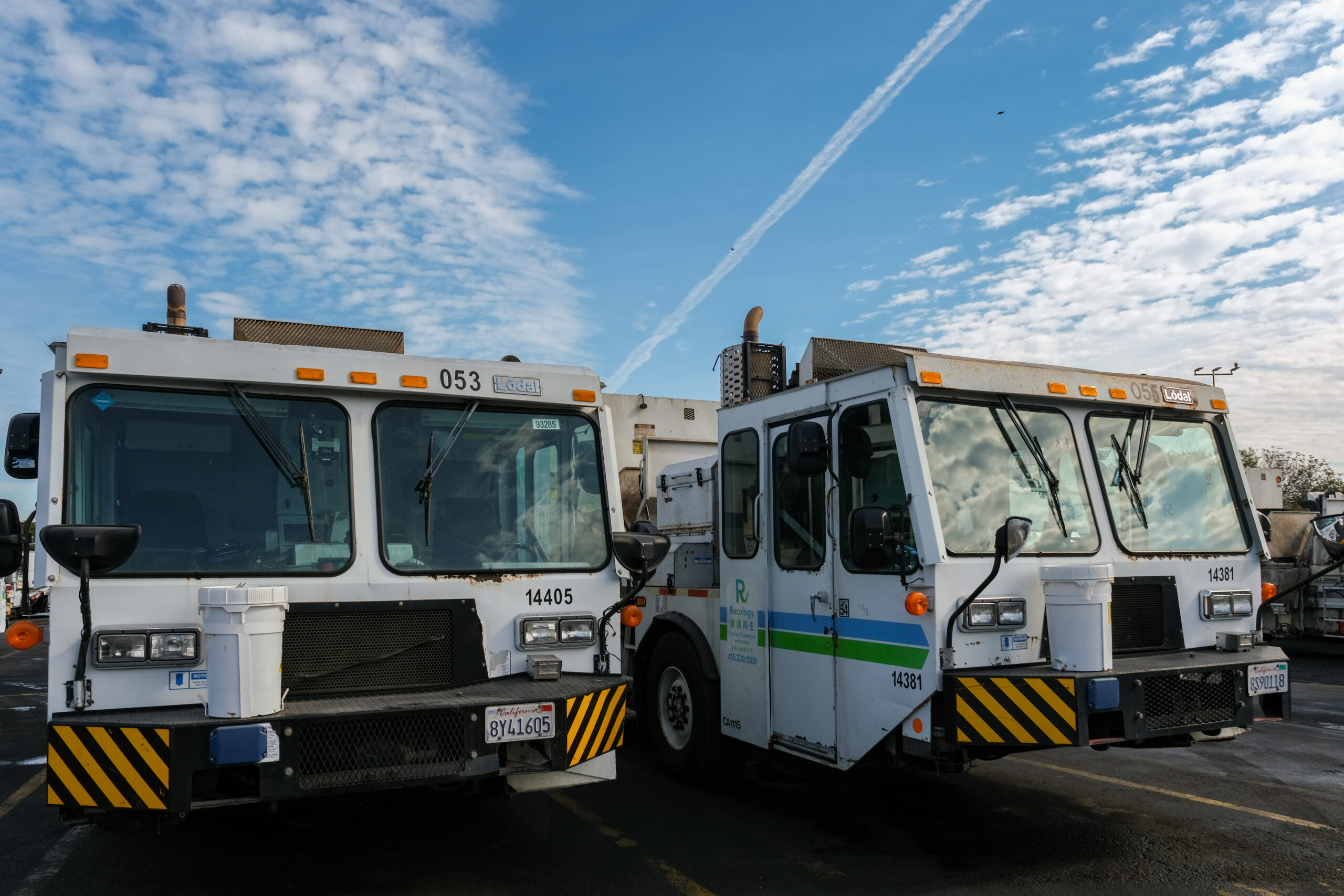What was expected to be a relatively light Board of Supervisors agenda turned lively with more details about the new Sanitation and Streets Department, and even more Recology legislation. There were also interesting background developments, including new committee assignments for board members, and an apparent accord on security camera rules.
New Committee Assignments
Committee assignments for 2022 were released last Thursday, and what they say about the direction of the board this year may be revealing.
Birthing the Sanitation and Streets Department
The Board unanimously passed an ordinance requiring the Department of Public Works to provide interim administrative support for the gestating Department of Sanitation and Streets, known as SAS for short—but not without airing concerns over ongoing issues.
Speaking of Sanitation: New Commissioners
Roll Call: Laguna Honda Hearing, Recology Rates, Surveillance Camera Access
The headliner at Roll Call was legislation introduced by Peskin, with the support of Mayor London Breed, for a new rate application for refuse services from provider Recology. It’s based on recommendations from the controller’s office in the wake of the company’s recent— and apparently continuing—overbilling scandals.
Surveillance Accord Coming
While not mentioned during Roll Call, Mayor Breed’s office introduced legislation today, with the support of Peskin, for new rules over access to private surveillance cameras by public safety agencies in critical situations.
The legislation is the product of a long and occasionally heated debate between Breed and Peskin on the issue, which almost resulted in competing ballot measures in January.
